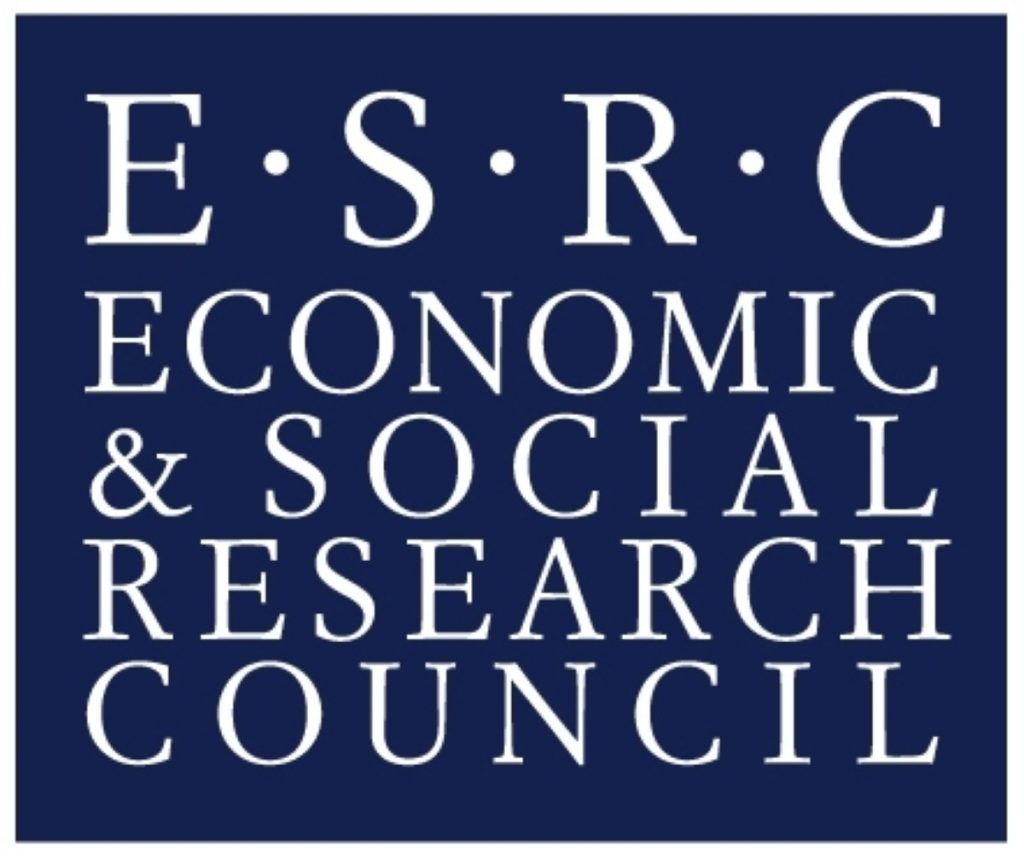ESRC: Digital worlds can help autistic children to develop social skills
The benefits of virtual worlds can be used to help autistic children develop social skills beyond their anticipated levels, suggest early findings from new research funded by the Economic and Social Research Council (ESRC). Researchers on the Echoes Project have developed an interactive environment which uses multi-touch screen technology where virtual characters on the screener act to children’s actions in real time.
During sessions in the virtual environment, primary school children experiment with different social scenarios, allowing the researchers to compare their reactions with those they display in real-world situations.
"Discussions of the data with teachers suggest a fascinating possibility," said project leader Dr Kaska Porayska-Pomsta."Learning environments such as Echoes may allow some children to exceed their potential, behaving and achieving in ways that even teachers who knew them well could not have anticipated."
"A teacher observing a child interacting in such a virtual environment may gain access to a range of behaviours from individual children that would otherwise be difficult or impossible to observe in a classroom," she added.
Early indications of this research are that over a number of sessions some children demonstrate a better quality of interaction within the virtual environment and an increased ability to manage their own behaviour, enabling them to concentrate on following a virtual character's gaze or to focus on a pointing gesture, thus developing the skills vital for good communication and effective learning.
The findings could prove particularly useful in helping children with autism to develop skills they normally find difficult. Dr Porayska-Pomsta said: “Since autistic children have a particular affinity with computers, our research shows it may be possible to use digital technology to help develop their social skills.”
"The beauty of it is that there are no real-world consequences, so children can afford to experiment with different social scenarios without real-world risks," she added.
The findings from the Echoes Project will showcase technologies for autism during an event in Birmingham which is part of the ESRC Festival of Social Science in November.The event will involve pupils, parents and teachers. Participants will be given the opportunity to engage in hands-on experiences, workshops and discussion.
"In the longer term, virtual platforms such as the ones developed in the Echoes project could help young children to realise their potential in new and unexpected ways," concluded Dr Porayska-Pomsta.
For further information contact
Dr Kaska Porayska-Pomsta
Email: K.Porayska-Pomsta@ioe.ac.uk
Telephone: 020 7763 2167
ESRC Press Office:
Danielle Moore
Email: danielle.moore@esrc.ac.uk
Telephone 01793 413122
Jeanine Woolley
Email: jeanine.woolley@esrc.ac.uk
Telephone 01793 413119
Notes for editors:
Playing and learning with innovative technologies
Organiser: Dr Karen Guldberg, Autism Centre for Education and Research
Date: 1 November 2011 Time – TBC
Venue: Topcliffe Primary School, Birmingham
Audience: Suitable for pupils, parents, teachers and professionals as part of their work
For more information: Playing and learning with innovative technologies
This release is based on early findings from the Echoes Project, a multi-disciplinary research project, which is part of the UK-wide Technology Enhanced Learning research programme and funded by the Economic and Social Research Council. The project involved researchers from the London Knowledge Lab (IOE London and Birkbeck University of London), the University of Edinburgh, University of Birmingham, University of Dundee, Heriot-Watt University, University of Strathclyde, University of Sussex, and the University of Wales Institute Cardiff
Full findings from the project, which runs from December 2008 to November 2011 will be available from early 2012
The research was carried out in four primary schools, two in Scotland and two in England. Some 50 children aged four to seven were involved, both those with typical development and those diagnosed with autism on a broad spectrum. The research utilised a 42-inch multi-touch screen, with webcams and gaze and tracking software to monitor the children's reactions. Each child had eight sessions in the Echoes environment, and their behaviour was compared with that displayed traditional activities that took place both before and after their virtual engagement.
The Festival of Social Science is run by the Economic and Social Research Council which runs from 29 October to 5 November 2011. With events from some of the country's leading social scientists, the Festival celebrates the very best of British social science research and how it influences our social, economic and political lives – both now and in the future. This year’s Festival of Social Science has over 130 creative and exciting events aimed at encouraging businesses, charities, government agencies; and schools or college students to discuss, discover and debate topical social science issues. Press releases detailing some of the varied events are available at the Festival website. You can now follow updates from the Festival on twitter using #esrcfestival
The Economic and Social Research Council (ESRC) is the UK's largest organisation for funding research on economic and social issues. It supports independent, high quality research which has an impact on business, the public sector and the third sector. The ESRC’s total budget for 2011/12 is £203 million. At any one time the ESRC supports over 4,000 researchers and postgraduate students in academic institutions and independent research institutes.





-01.png)